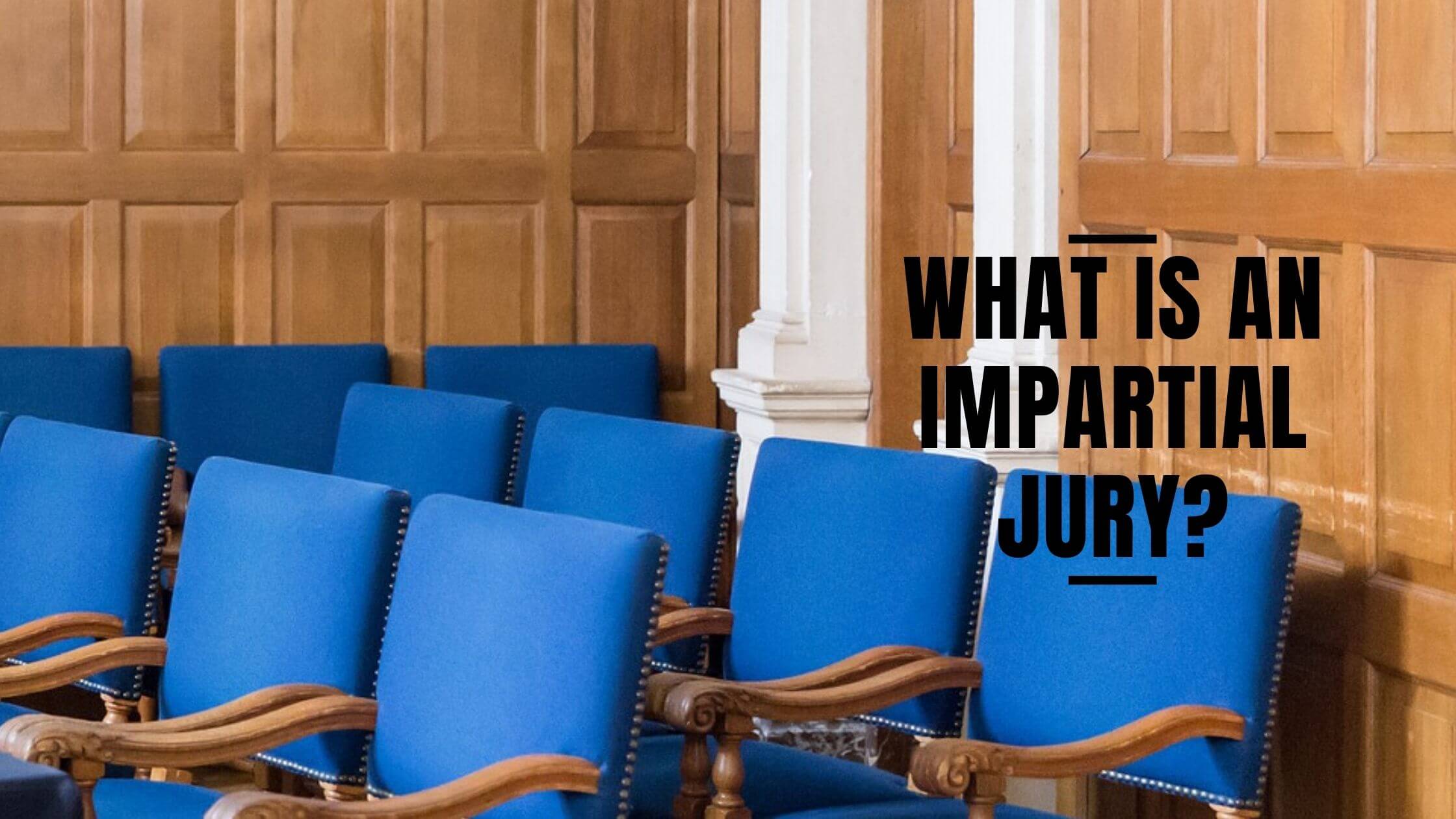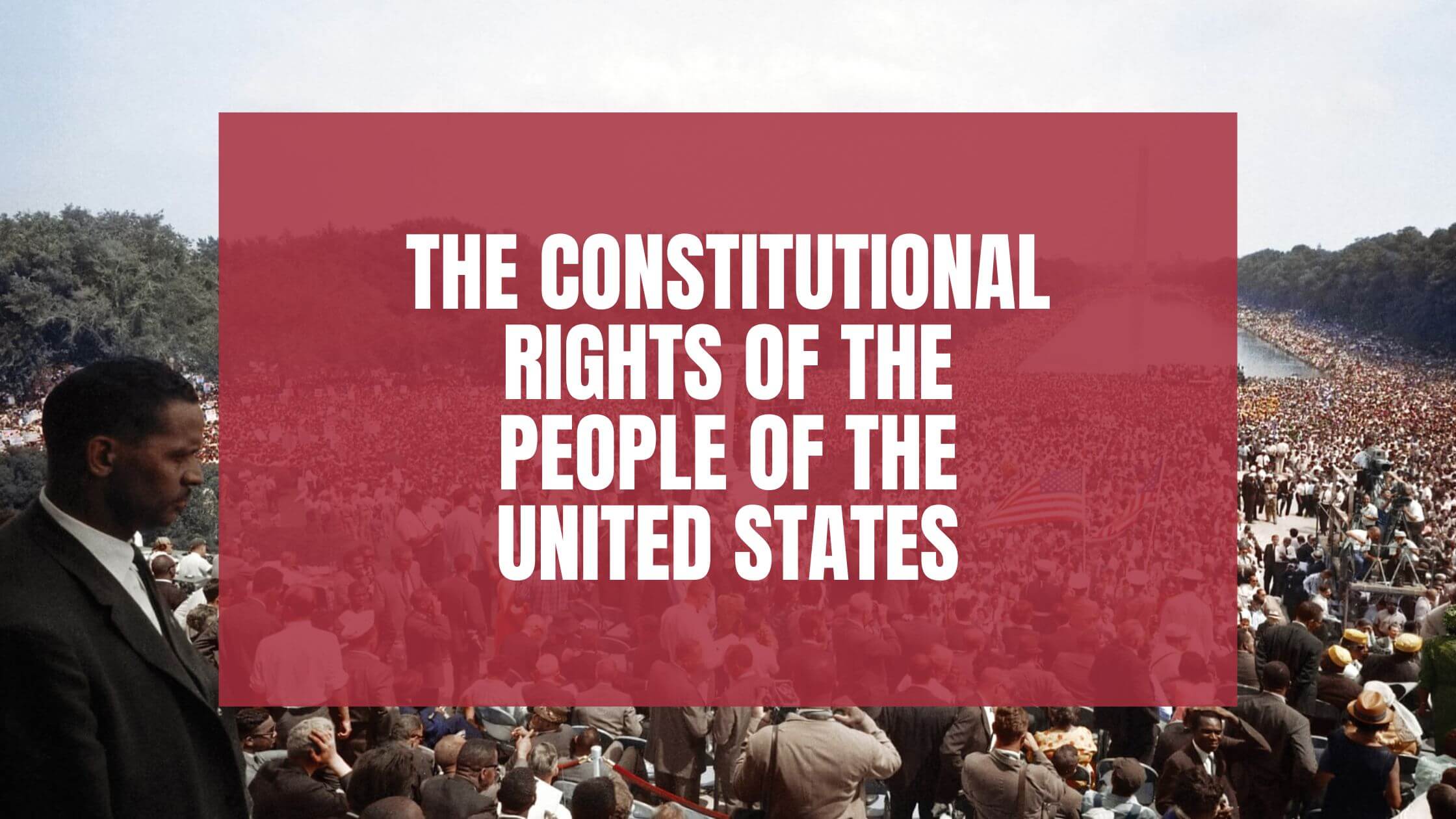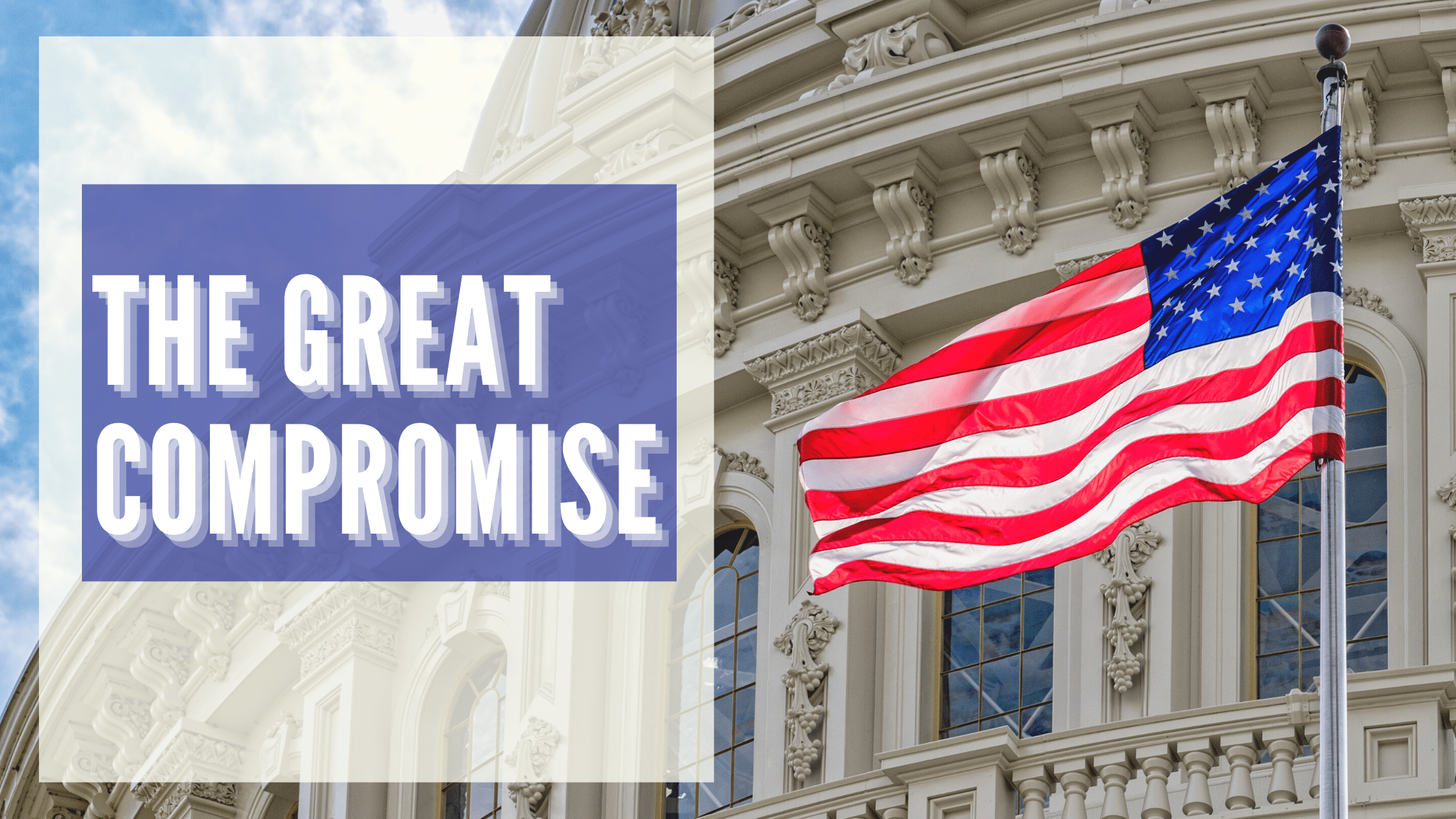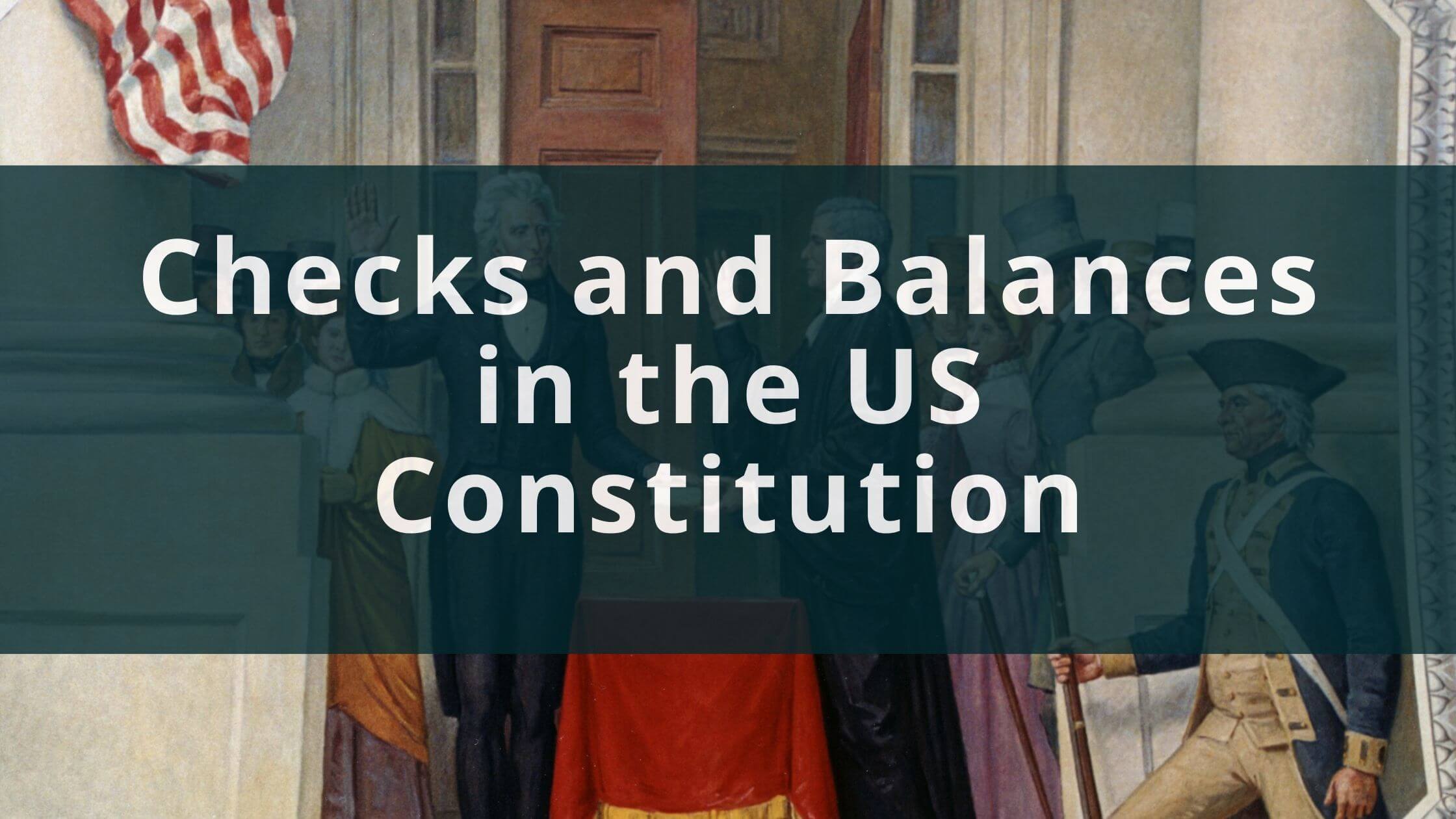Table of Contents
ToggleDefinition of an Impartial Jury?
An impartial jury is a jury that will consider a case fairly, without favoring or discriminating against anyone. The jury must be willing to look at the evidence open-mindedly.
An impartial jury does not immediately assume guilt or innocence. They want to see the evidence and hear the arguments first.
Fair trials are an essential part of the idea of just government. The American Bill of Rights includes amendments that protect people from unjust laws and punishments. The Bill of Rights includes the right to an impartial jury.
Impartial Juries in the Sixth Amendment
The constitution refers explicitly to jury impartiality. The sixth amendment says that “the accused shall enjoy the right of a speedy and public trial, by an impartial jury.”
There is no way for anyone to interpret the constitution in a way where an impartial jury is not required. The sixth amendment also says that these rules apply “in all criminal prosecutions.” Impartial jury trials have been required since the Bill of Rights and do not depend on subjective interpretations of the constitution.

Get Smarter on US News, History, and the Constitution
Join the thousands of fellow patriots who rely on our 5-minute newsletter to stay informed on the key events and trends that shaped our nation's past and continue to shape its present.
The Seventh Amendment
The seventh amendment also protects Americans’ right to a fair trial. It requires jury trials for most civil cases and not only criminal cases.
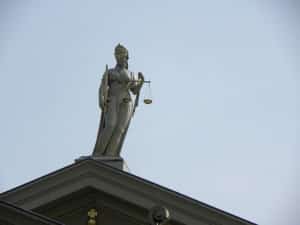
This is different from most other countries that have jury trials, where only a criminal trial requires a jury.
Proving guilt “beyond reasonable doubt” is not required in civil cases. There must only be a “preponderance of evidence” – a lower standard of proof.
In a criminal case, someone may be presumed innocent even if they likely committed the crime. In a civil case, someone who is only suspected of breaking the law may lose a court case.
Jury Trials Are Only Important in Some Times and Places
Other English-speaking countries also defend people’s right to jury trials. Not all countries consider jury trials necessary, and many nation states give their people less or no right to a jury trial. Jury trials have been around for a long time, much longer than the American Revolution.

Ancient Athens had trials by very large juries – 500 people, or 1000, or 1500 for serious crimes. Jurors voted on guilt or innocence and voted anonymously by casting secret ballots. With such large juries, no one could escape punishment by finding a way to put favorable people on their jury.
In 1562 in what is now Germany, the law required people to be tried by 24 equals. In England, laws requiring fair trials were stronger at various times in the past and weaker at others. Since jury trials were so important to the Founding Fathers, the United States has always favored jury trials, even for civil cases.
What is the Purpose of a Jury Trial in the United States?
A jury trial is intended to be as fair as possible. It is supposed to determine guilt or innocence accurately, protect people from potentially biased judges, and give both sides a chance to make their case.
With a jury trial, the citizens have the opportunity to hear both sides of the story. Citizens determine guilt or innocence, but the judge interprets the law and usually decides what the sentence is if the accused is proven guilty. Ordinary citizens and law experts work together to do justice to all parties involved.
What Do Jury Members Do?
Juries listen to the evidence that both sides of a case present and decide on guilt or innocence. In criminal trials, but not in civil trials, the jurors must reach a unanimous decision to convict or acquit anyone.
Usually, a jury trial involves a prosecutor and a defendant. The two argue their sides as well as they can, and the jury decides on guilt or innocence.
The judge and jury need to be open-minded until they hear all the evidence and arguments. The lawyers are trying to win the case, the judge and jury are only trying to arrive at the truth.
Small Crimes Do Not Require Jury Trials
While the constitution requires trial by an impartial jury “in all criminal prosecutions,” not all charges are criminal. Misdemeanors do not require a jury. For smaller crimes (resulting in less than six months in jail), a judge can determine guilt or innocence themselves.
How Are Jurors Selected?
In the United States, voter registration records are used to find potential jurors. They must be from the same area as the accused is.
Jurors are chosen somewhat randomly – they do not have to be seen as accomplished or responsible citizens, there are not a lot of restrictions on who can serve. Instead, a selection process determines which jurors can be trusted to be fair.
Jurors Must Pass an Interview
Jurors have to pass a series of questions to determine if they are suitable for jury duty. People on both sides of the case ask potential jurors many questions. These questions are supposed to reveal biased or otherwise unsuitable jurors.

The process of selecting jurors is known as “voir dire,” which means “to speak the truth.” Voir dire is arguably not very efficient at detecting biased jurors, but other evidence suggests it works, especially if it goes on for long enough. Despite its arguably limited effectiveness, it will probably exist for a long time as there may not be a better way to screen jurors.
Lawyers on Either Side Can Argue that Jurors Are Unsuitable
If a lawyer has a good reason to believe a juror is biased, they can ask the judge to dismiss them. This is known as a “challenge for cause,” and it can usually be done an unlimited number of times. The judge can reject these challenges.
Lawyers Can Usually Also Dismiss Some Jurors For No Reason
In some cases, lawyers on either side can remove some jurors for almost any reason. While they can only remove a limited number of jurors this way, they do not have to make a case for why the juror is unsuitable.
While a 1986 court decision made it illegal to remove jurors solely based on race, later supreme court decisions weakened the 1986 ruling. Both sides can remove a limited number of jurors for almost no reason.
If they want to remove more than this number, they must give the judge a reason they might not accept. Removing a juror for no reason is known as a peremptory challenge or peremptory strike.
Jurors Too Similar to the Accused Can Be Dismissed
Since jury bias is a common phenomenon, not easy to detect, and a real threat, it needs to be easy to reject jurors for small things that make them seem biased. It isn’t a big deal if a perfectly good juror doesn’t serve on a jury, but it is a big deal if a jury has one biased member.
For this reason, jurors can be rejected simply because they are too similar to the accused. For example, having a similar occupation and/or background may make jurors seem biased and dismissed. Jurors can also be dismissed for holding biased attitudes.
Even seeing media reports that strongly favor one side of the story might make a juror unsuitable.
Examples of Jury Bias
It is undisputed that jury bias is common. Research repeatedly shows that many jurors are biased and that this can affect the outcome of trials. Some jurors may be biased against a certain religion, race, or lifestyle.
People that have been in court for their own crimes before may not be suitable for jury duty. They might be unlikely to accept convicting a criminal if they have had bad experiences with the justice system. If they have been a victim of a similar crime, they may be unwilling to accept that the accused is innocent.
Other Examples
Someone with minimal life experience might not be suitable. The same goes for someone who lacks respect for authority. Exposure to pretrial publicity can also make a juror unsuitable.
A jury should not be radically different from the area’s demographic makeup. For example, if an area is only half white, but the jury is entirely white, the jury may consider that biased.
Judges Can Also Be Biased
Sometimes a judge has to be removed from a case, even if the judge has not done anything wrong. A trial judge with some connection to one of the people being charged or one of the victims is not impartial enough and must be removed.
A judge should not have too much personal knowledge about the case outside of the evidence. A judge’s prior rulings for or against people in the case may make them too biased.
Sometimes, a judge may remove themselves from the case due to potential bias even though they are sure they could judge the case fairly. It is common to appeal a case because of a potentially biased judge or jury, so a judge might not want to take a case that could be appealed later.
Many Cases Are Appealed on the Grounds of Jury Bias
Even after someone has been convicted, their lawyers can still defend them. It is possible to appeal the conviction on the grounds that the trial was not fair. Everyone has the right to a fair and impartial jury under the constitution.
One example of a biased case that was taken all the way to the Supreme Court is the James Kirkland Batson case of 1986. Baston, who was charged with burglary, argued that the jury was racially biased.
Not All Accusations of Jury Bias Succeed
Since lawyers were allowed to use peremptory challenges to dismiss some jurors for no reason, the prosecutor dismissed all four black potential jurors, giving no reason why. His lawyer rejected the jury and claimed it was against the sixth amendment right to an impartial jury.
Initially, his lawyer’s argument was rejected, and Baston was convicted. However, the case was appealed to the Kentucky Supreme Court. The Kentucky Supreme Court did not overturn the conviction.
There was not enough evidence to prove bias. However, the court ruled that anyone dismissing jurors for no reason other than race created a biased jury.
Lawyers may have to provide a neutral explanation for why they dismissed a juror. While peremptory challenges still let lawyers dismiss some jurors without the judge’s approval, they cannot quite do it for any reason.
